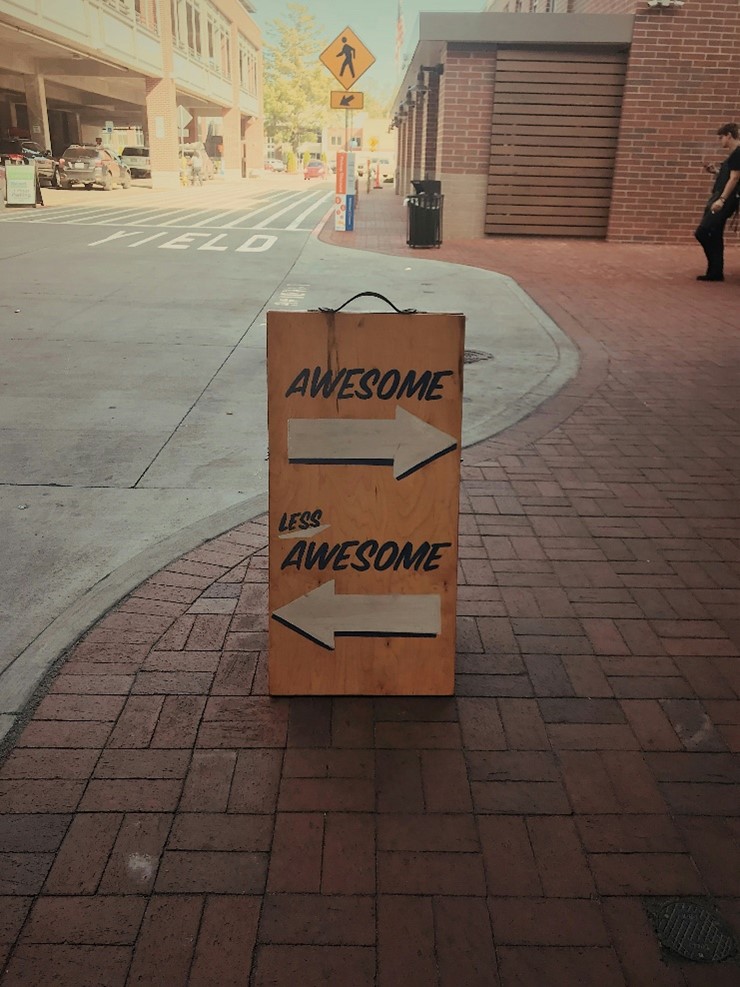
The business conduct of firms relies on many individual choices and actions by people who strategize and implement corporate social responsibility (CSR) or make moral judgments in daily routines within these firms. Our study, published in the Journal of Management Studies, explores dynamics in CSR management resulting from interactions between change agents, supporters, resisters, opportunists, and top and senior management. Depending on who interacts and what these individuals do in such interactions, we can explain why some firms achieve more substantial CSR implementation, while others only progress incrementally or not at all.
The role of individuals in CSR management
Much management and organizational research addresses CSR at the level of organizations or institutional fields. This research typically uses macro-level factors for developing theory without considering how these emerge from individual-level dynamics. A growing body of micro-CSR research aims to illuminate such micro-level foundations. Our study contributes to these efforts by emphasizing interactions among individuals and how their combined behaviors influence CSR implementation in firms.
Three causal mechanisms explaining variance in firm-level CSR outcomes
Through a systematic review of existing micro-CSR research, we identify three causal mechanisms. First, the substantiation causal mechanism illustrates how positively reinforcing actions and interactions between change agents, supporters, and top and senior management facilitate substantial CSR progress, evidenced by the integration of CSR in firms’ core activities and processes. Second, the incrementalization causal mechanism describes how frictional interactions among change agents, resisters, and top and senior management lead to incremental advances in CSR in the manner of small wins. This causal mechanism highlights a lack of a shared understanding of CSR and inadequate diffusion of responsible practices into daily routines. Third, the obstruction causal mechanism explains why firms’ CSR outcomes resemble persistent business as usual, ultimately rendering CSR a pursuit of immediate profit opportunities without a vision for genuine progress.
How the organizational context matters
We observed conducive organizational contexts in studies showing substantial and incremental CSR progress. Such contexts feature formal CSR management structures, top and senior management support, and no (fundamental) resistance from other dominant actors. However, cases of substantial CSR progress indicate a stronger normative foundation and shared understanding of CSR, unlike those showing incremental progress which emphasized institutional pressures and competitive advantage as key drivers. In the obstruction causal mechanism, we identified a prevalent amoral business culture-in-practice and hostility towards change agents, despite formal CSR structures and some form of CSR implementation being present.
How dominant actors, their actions and interactions differ
Change agents play a crucial role across all three causal mechanisms. While they successfully drive CSR implementation in the substantiation causal mechanism, they have limited influence in the incrementalization causal mechanism, and struggle in the hostile setting of the obstruction causal mechanism. A comparison of change agents’ actions across the mechanisms reveals that rather than differences in the actions taken, it matters how the same actions turn out. We found that change agents in firms evidencing substantial CSR progress are able to build a shared understanding of CSR that acknowledges a normative imperative for responsible business conduct. They succeeded in finding the right balance between driving CSR themselves and passing responsibility on to others in the firm. And they are able to adopt tools (e.g., KPI systems) and artefacts (e.g., strategy documents and company visions) in ways that further progress CSR implementation. It is these actions at which change agents fail in the other two causal mechanisms.
Change agents’ effectiveness varies due to differences in organizational contexts and dominant actor constellations. In the conducive organizational context of the substantiation causal mechanism, resistance is no significant impediment to CSR implementation. Here, supporters emerge as the second dominant actor type. We define supporters as individuals who previously lacked awareness and become sensitized to CSR by change agents. They form the backbone of CSR implementation by taking over change agent actions and making responsible decisions in daily operations. Conversely, interactions in the incrementalization causal mechanism are characterized by resistance and antagonism. This causal mechanism emphasizes the overall effectiveness of resisters’ efforts to counteract change agents. In the obstruction causal mechanism, in turn, change agents face a hostile organizational context, which may lead them to practice moral decoupling, and get co-opted, but they may also experience burnout, or ultimately leave the firm. This leaves responsibility for CSR implementation with opportunists who tend to render its management a dull everyday routine, which does not progress CSR in meaningful ways.
Like change agents, top and senior managers represent a dominant actor type across all three mechanisms. While they successfully take on the role of change agents themselves or effectively support other change agents in the substantiation causal mechanism, they are no reliable support in the incrementalization causal mechanism, and an antagonist in the obstruction causal mechanism.
What can we learn from the causal mechanisms for theory and practice?
The three causal mechanisms proposed in our study show recurring patterns in CSR management that other scholars may refer to when making sense of their own research cases. Beyond the scholarly community, our study should be interesting to leaders and CSR practitioners who could use its results to reflect on their own organizational context, the constellations of individuals involved in their firms’ CSR management and implementation processes, and their own actions. Our study describes various actions practitioners can draw on and points out those that seem to make a particular difference- in a good and bad way.
The study also raises awareness of the limitations of a small-wins approach and alerts readers to the risk of CSR regression. Amid current developments, particularly the rollback of DEI efforts by U.S. corporations, our call for research on regressive dynamics has become more pertinent than we would wish for.

0 Comments